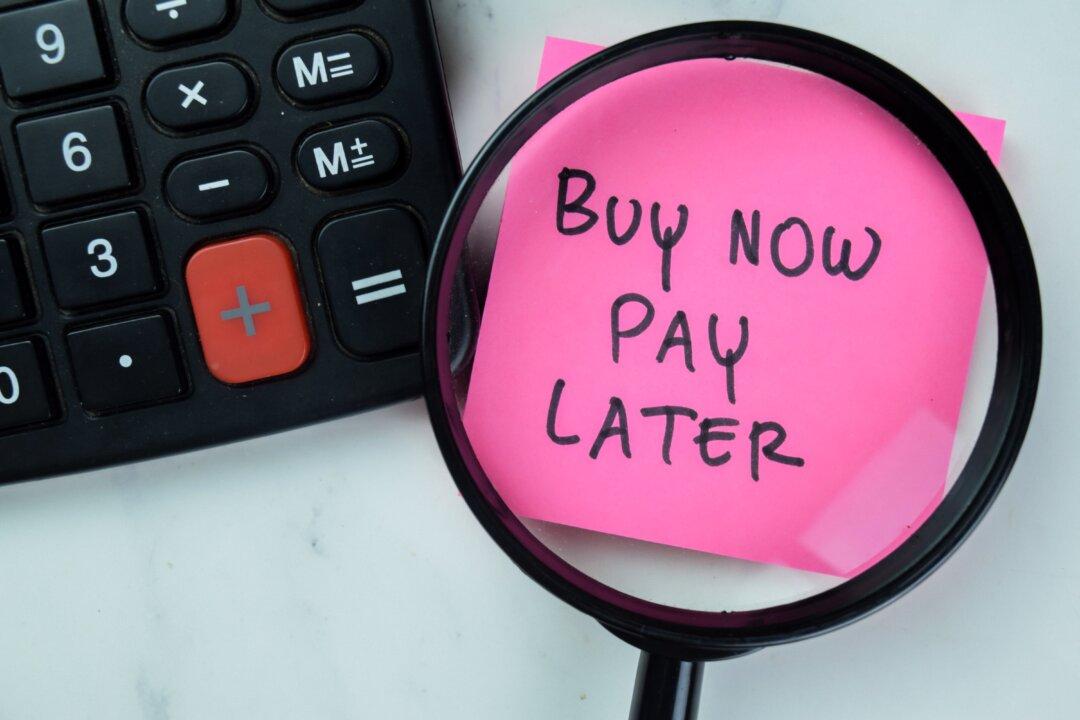By Emma Patch
From Kiplinger’s Personal Finance
Propelled by inflation and the pandemic-driven convenience of online shopping, Buy Now Pay Later (BNPL) services have become as commonplace as hand sanitizer in a shop entryway.

Propelled by inflation and the pandemic-driven convenience of online shopping, Buy Now Pay Later (BNPL) services have become as commonplace as hand sanitizer in a shop entryway.